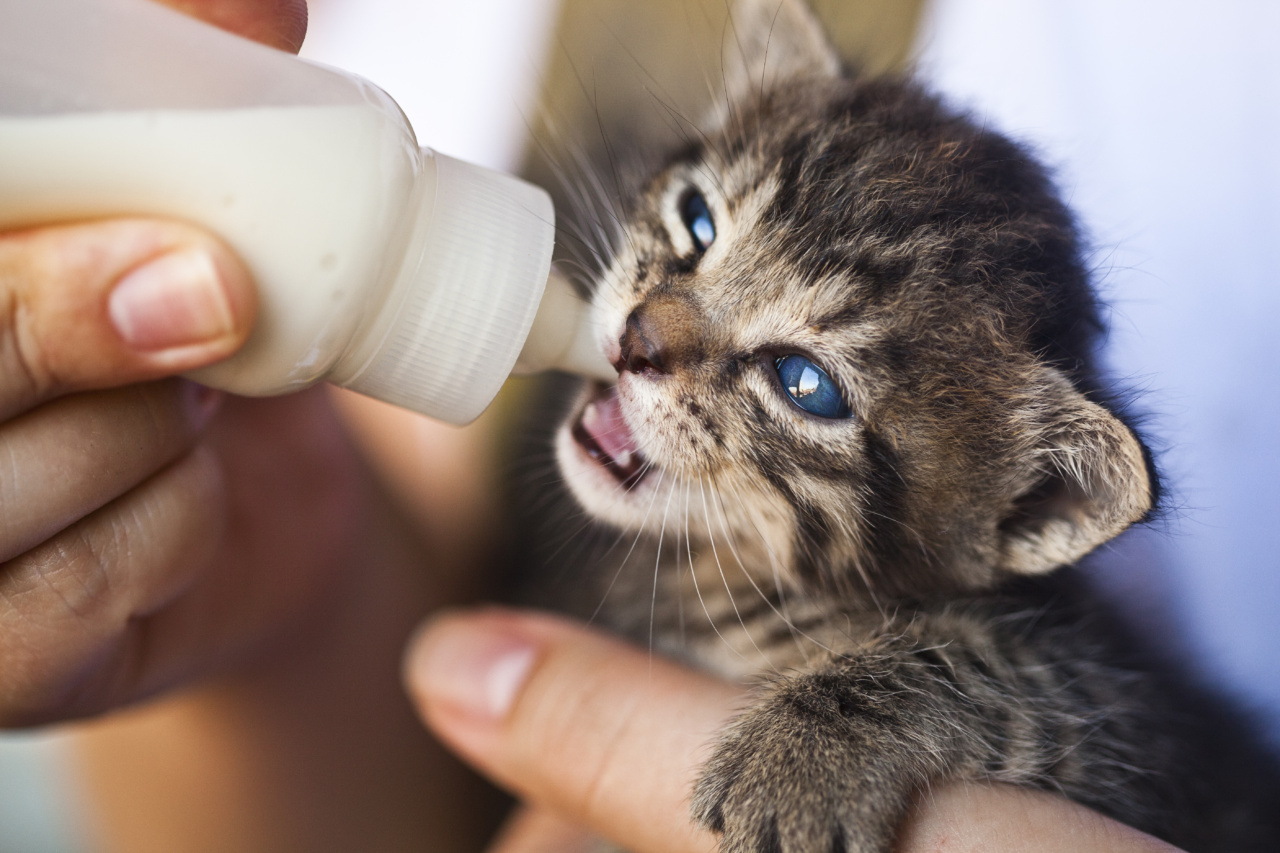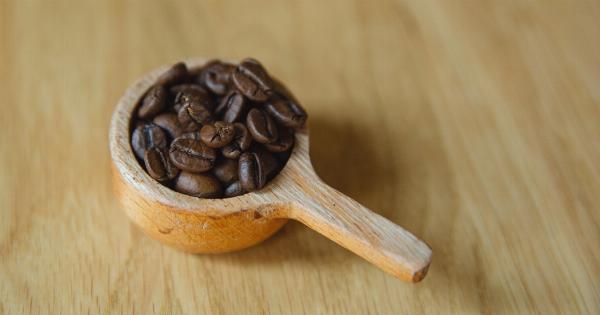Many people have grown up with the image of cats and milk being synonymous. The popular belief is that cats have an innate love for milk and that it is a safe and healthy treat for them. However, this belief is actually a myth that needs to be dispelled.
Contrary to popular opinion, cats and milk do not make a good combination. In this article, we will explore the reasons why giving cats milk can be detrimental to their health and well-being.
The Myth of Cats and Milk
The myth of cats and milk dates back to ancient times when cats were domesticated and milk was considered a precious commodity.
Cats may have shown interest in milk due to its creamy texture and slightly sweet taste, but this does not mean it is a suitable dietary choice for them. In fact, milk can cause a range of health problems for cats.
Milk and Lactose Intolerance
One of the main reasons why milk is unsuitable for cats is their high prevalence of lactose intolerance. Lactose is a sugar found in milk, and it requires an enzyme called lactase to break it down and be properly digested.
Most adult cats lack sufficient lactase to digest lactose effectively, leading to lactose intolerance.
Effects of Lactose Intolerance
When a lactose-intolerant cat consumes milk or dairy products, it can lead to various digestive issues such as diarrhea, bloating, gas, and abdominal discomfort.
These symptoms can range from mild to severe, depending on the individual cat’s sensitivity to lactose. Continued consumption of milk can also lead to long-term gastrointestinal problems and nutrient deficiencies in cats.
Calcium and Nutrition
Milk is often associated with a high calcium content, and many believe that feeding cats milk will provide them with the necessary calcium for strong bones and teeth.
While calcium is indeed important for cats’ overall health, it is crucial for them to obtain it from a balanced and appropriate diet that meets their specific nutritional needs.
Proper Cat Nutrition
Cats are obligate carnivores, meaning they require a diet primarily composed of animal protein. Their bodies are adapted to derive essential nutrients from meat-based sources.
Feeding cats a diet that includes a variety of high-quality commercial cat foods specifically formulated to meet their nutritional requirements is essential for their well-being.
Dietary Alternatives to Milk
If you want to offer your cat a special treat or liquid alternative to water, there are much better options than milk. You can provide your cat with fresh, clean water at all times to ensure they stay hydrated.
You can also offer them specially formulated cat treats or even small amounts of cooked and unseasoned meat as a treat.
The ‘Whisker Stress’ Myth
Another argument often made in favor of giving cats milk is the belief that it relieves whisker stress. Whisker stress refers to discomfort or stress caused by a cat’s whiskers coming into contact with the sides of a narrow food or water dish.
While some cats may indeed prefer wider, shallow dishes to avoid whisker contact, milk is not a remedy for this. Simply providing appropriately-sized bowls or dishes can alleviate any potential discomfort without resorting to milk consumption.
Other Health Risks
Aside from lactose intolerance and potential nutrient imbalances, giving cats milk can pose additional health risks. Milk is high in fat content, and overconsumption of fatty foods can lead to obesity in cats.
Furthermore, the lactose content in milk can promote the growth of harmful bacteria in a cat’s digestive system, potentially leading to gastrointestinal infections or upset.
Milk Substitutes for Kittens
While adult cats should not be given milk, there are situations where milk substitutes may be appropriate for kittens.
Kittens have different nutritional needs compared to adult cats, and there are specially formulated kitten milks available on the market. If a substitute is required, it is essential to choose a product specifically designed for kittens and consult with a veterinarian for proper guidance.
Conclusion
It is essential to dispel the myth of cats and milk to ensure the health and well-being of our feline companions. Milk is not a suitable dietary choice for adult cats due to their lactose intolerance and specific nutritional requirements.
Providing cats with a well-balanced and species-appropriate diet is essential for their overall health. By understanding their nutritional needs and avoiding harmful foods like milk, we can help our cats live long, healthy lives.






























